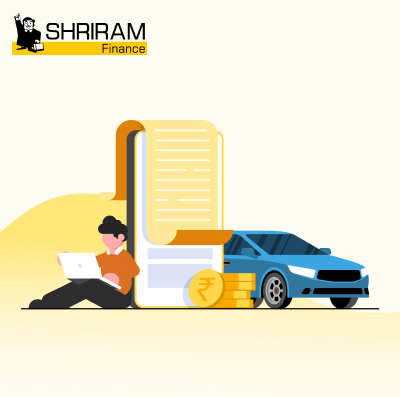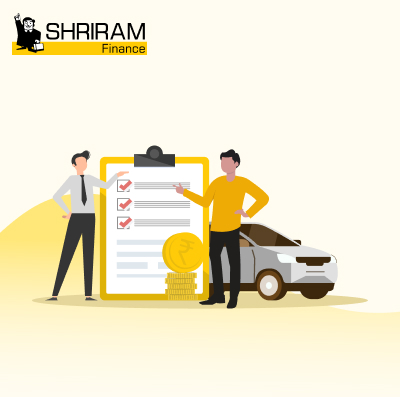For farmers, owning a vehicle supports both personal and agricultural activities. When financial needs arise, farmers may either finance the purchase of a used vehicle or take a loan against the value of an existing car to access funds without selling the asset. This type of loan allows continued use of the car while providing monetary support for seasonal expenses, farming inputs, or emergencies. However, like any financial decision, it comes with both advantages and disadvantages. This article outlines the key pros and cons, helping farmers understand how this option fits into their financial planning and whether it aligns with their immediate and long-term goals.
The Advantages and Disadvantages of Loan Against Used Car for Farmers
Here are some benefits and cons of loan against vehicles that farmers generally need to factor:
Pros of Used Car Loan for Farmers
Here are some of the advantages of loan against used car for farmers:
1. Preserves Savings
Opting to finance a used farm vehicle enables farmers to maintain their cash reserves for unforeseen expenses or periods of reduced crop income. By securing a loan, farmers can allocate additional funds toward other critical investments rather than exhausting their financial safety net. This approach ensures access to essential transportation for moving livestock, equipment, feed, and crops across expansive rural properties while preserving financial stability.
2. Tax Savings
Interest paid on used car and truck loans may be eligible for tax deductions. At the end of the financial year, farmers can review their monthly statements to calculate the total interest paid and claim these deductions, resulting in significant tax savings. This benefit effectively lowers the overall cost of financing essential farm vehicles compared to making a cash purchase. Consulting a qualified accountant is advisable to fully utilise applicable provisions under the Indian tax code related to farm vehicle financing.
3. Builds Credit History
For farmers with little or no credit history, taking a used car loan and making regular payments helps build a strong credit score over time. Paying on time shows lending institutions that they can manage loans responsibly. After consistent, timely payments, farmers can qualify for better loan options and lower interest rates in the future.
Cons of Loan against Used Car for Farmers
The following are some of the disadvantages of loan against used car for farmers:
1. Risk of Repossession
Though used vehicle financing makes it easier for farmers to access essential transportation, it is important to keep up with monthly payments. This remains true even during challenging times like droughts or operational disruptions. Staying current with payments helps ensure continuous use of the vehicle. It also supports smooth farm operations and financial stability.
2. Higher Processing and Insurance Costs
Securing a loan against a used vehicle collateral often involves extra documentation (valuation reports, ownership proofs, and mandatory comprehensive insurance). This usually tends to increase overall costs and may delay approval.
3. Late Fees Apply
Lending institutions charge costly late payment fees, often up to 5% or more of the past due amount, which quickly multiply expenses for farmers unable to make monthly payments on time. What may appear to be a minor setback can result in significant penalties. Additionally, multiple late or missed payments are documented on credit reports, substantially reducing hard-earned scores and eliminating access to affordable future used car loan options for farmers.
4. Unplanned Maintenance Burden
Used vehicles are prone to breakdowns and require ongoing repairs. Farmers face extra direct costs for maintenance alongside EMI payments, and unexpected mechanical issues may disrupt farm operations and ability to service the loan.
Conclusion
Taking a loan against a used vehicle does offer farmers a way to make capital from existing assets, but it comes with substantial risks. Loss of the vehicle in case of default, ongoing maintenance costs, higher interest rates, and limited loan amounts can create financial strain and potentially disrupt farm operations. Farmers should carefully consider their repayment capacity and the true cost before using their vehicles as collateral.
































